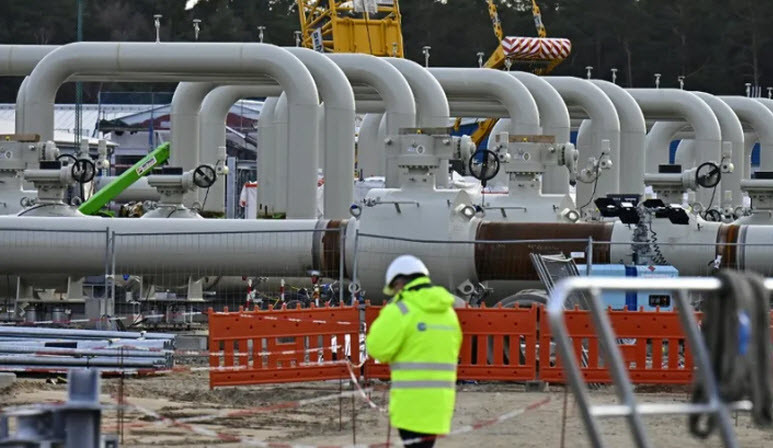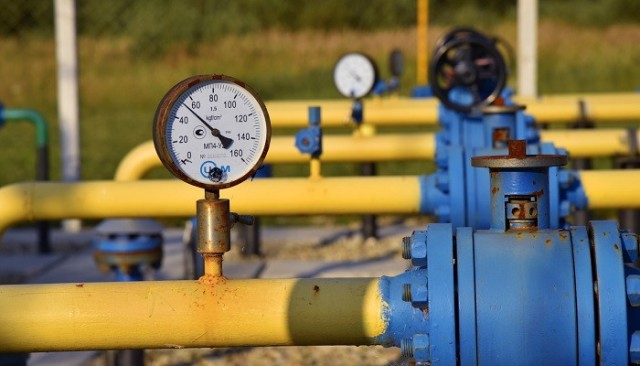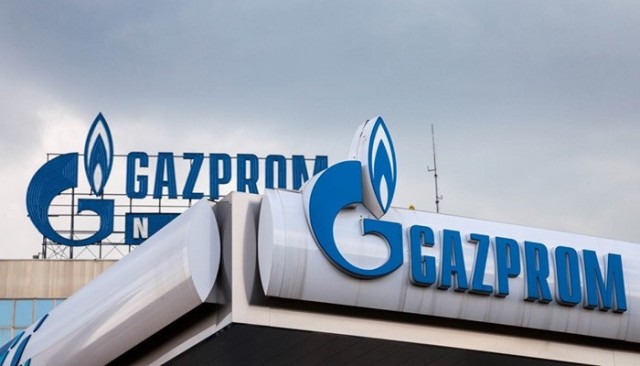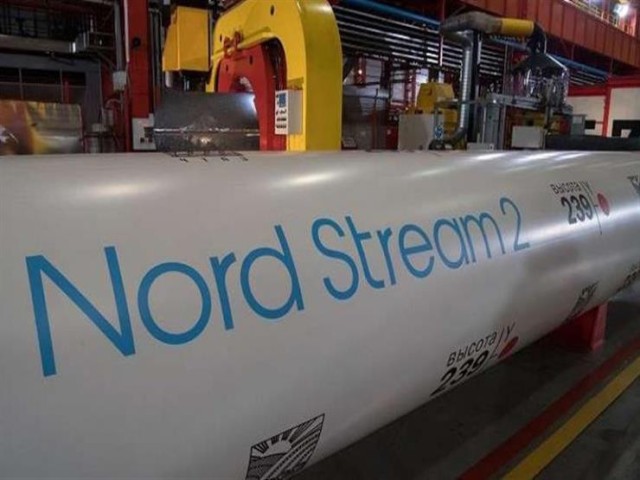Natural gas prices in Europe fell below 100 euros per megawatt-hour for the first time since June.
According to Arab Net, futures contracts fell by as much as 13%, which is about 70% below their highest levels in August.
Warmer-than-normal temperatures are expected until next month, delaying the heating season and allowing storage sites to fill up. The high levels of LNG imports helped increase the reserves to above their normal levels.
The improved conditions are relieving some of the pressure on policymakers in Europe, as the energy crisis helped push the economy to the brink of recession and inflation at its highest level in decades. Despite the recent decline, prices are still three times higher than the five-year average for that time of year, and a bout of cold winter weather could quickly renew supply concerns, according to a Bloomberg report.
Europe is in a comfortable position in terms of supply now, and the risks of blackouts and rationing are now receding, said Graham Friedman, analyst at consultancy Wood Mackenzie. But the real test will be when we have cold weather.
EU leaders agreed last week to support urgent measures, including support for a gas price cap in electricity generation and steps to avoid massive price hikes. EU energy ministers will meet this week to further release the details.
There are growing calls from member states for more measures to protect the economy from rising costs.
Gas futures for the nearest delivery in the Netherlands, the European benchmark for prices, fell to 98.58 euros per megawatt-hour as of 11:02 a.m. in Amsterdam. The equivalent contract in the UK is down 14%.









































